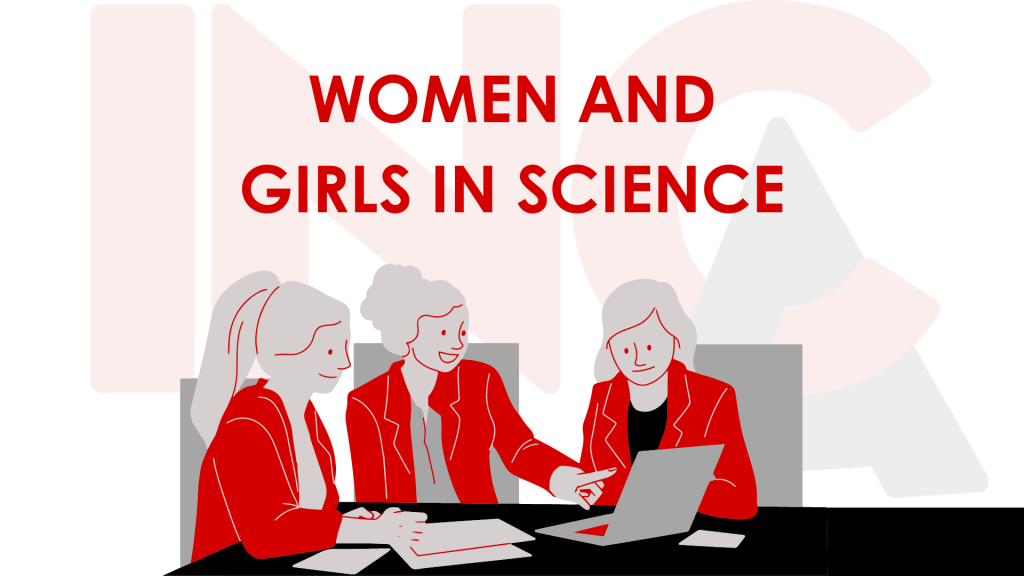
Exploring Gender Equality in Science: Insights from INCA Project Partners
On Sunday, 11 February, is the International Day of Women and Girls in Science, and INCA wants to get closer to the reality of its women research partners.
“Gender equality varies greatly depending on the field of science”, affirm the partners from the University of Barcelona, the research group leading the gender dimension in the project. “In social sciences and humanities, women and non-binary people tend to be more visible than in typically scientific disciplines such as physics, chemistry and so on” the Barcelona partners add.
In the INCA project, many different fields are working together, and “we think that gender equality has a really important vantage point from which to understand and to study how we can improve science” the Barcelona team adds.
Three project researchers, specialists in different areas, offer their point of view regarding gender dimension: Alina Kontareva (Alexander von Humboldt Institute), Inge Graef (University of Tilburg) and Olga Gitkiewicz (University of Wroclaw).
Alina Kontareva says: “We study technology and innovation, and it has long been considered a male profession, and women were excluded from policy- and decision-making. Today, we have to deal with the consequences of this path dependence”.
Inge Graef, admits that “when I look at the students in my class, I see that half, sometimes more than a half, are female, but I don’t see yet this equal representation at the average conference”.
Finally, Olga Gitkiewicz believes that “a millennium of patriarchy cannot be erased just in a couple of years, so I don’t want to say that everything is done, but I think it is changing”.
“It is difficult to have a complete picture of gender equality in research and in general”, say the Barcelona partners, but in their case “in social sciences and anthropology in particular, I think we have an advantage at this point, because women are very visible in leadership roles”.
Share on Facebook Share on Twitter Share on Pinterest